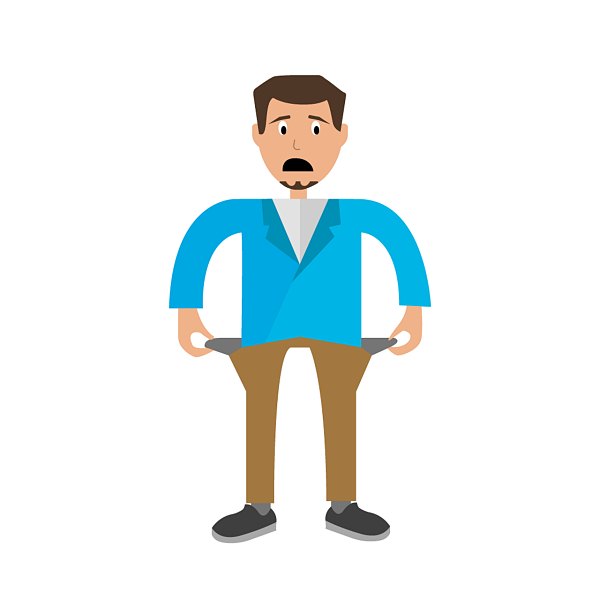
One of the cosmic ironies of our legal system is that it costs money to file bankruptcy. Bankruptcy gets you out of debt only if you have the money to file.
The costs of bankruptcy include the filing fee collected by the court; the required credit counseling; and, if you’re smart, an experienced lawyer to make sure it’s done right.
I have not recommended people represent themselves in bankruptcy since Congress “reformed” bankruptcy 15 years ago. The express intent of that law was to discourage consumers from getting relief from their debts. With “reform”, bankruptcy law acquired pitfalls, traps, and requirements that invited mistake.
But a malicious Congress left untouched one of the shining features of bankruptcy, the ability to pay your bankruptcy attorney after you file Chapter 13.
Chapter 13 pays attorneys fees
Chapter 13 is a repayment plan for individuals. You make a monthly payment to a Chapter 13 trustee for the life of the plan. Those plan payments can pay the lawyer who helped you file the plan and get a bankruptcy discharge.
By contrast, to file Chapter 7, the most common alternative to Chapter 13, your attorneys fees usually need to be paid in full, before you file. Paying for Chapter 7 then becomes a challenge unto itself.
In Chapter 13, the debtor’s attorney has an administrative claim in the case for whatever part of the total fee wasn’t paid before the case was filed. Administrative claims have a priority for payment under bankruptcy law.
Choosing Chapter 13
The ability to effectively finance the attorneys fees to file bankruptcy can be a godsend when you face the need for an immediate bankruptcy filing. That need can be as concrete as the need to save your house or your paycheck. Or it can be as ephemeral as the need to stop the stress of being in debt.
Chapter 13 comes with some features that aren’t as appealing as Chapter 7. The biggest downside is that the discharge doesn’t come until you complete the plan payments, which can run from 36 months to 60 months.
The duration of the plan risks that intervening events, like job loss or health issues may compromise your ability to make the plan payment.
But usually, if your situation was so bleak that you couldn’t pay for a Chapter 7, the Chapter 13 plan payment may be as little as $50 to $100 a month.
And, if it develops that you can’t make the Chapter 13 payments, you have the absolute right to convert your case at any point to Chapter 7.
All in all, that’s why I love Chapter 13.
More
How to interview a bankruptcy lawyer
What you have to pay in Chapter 13





